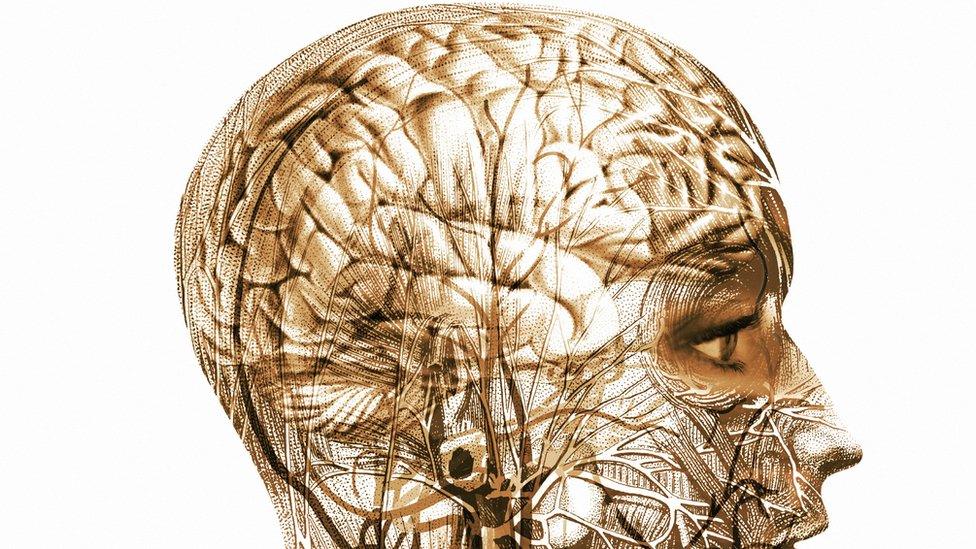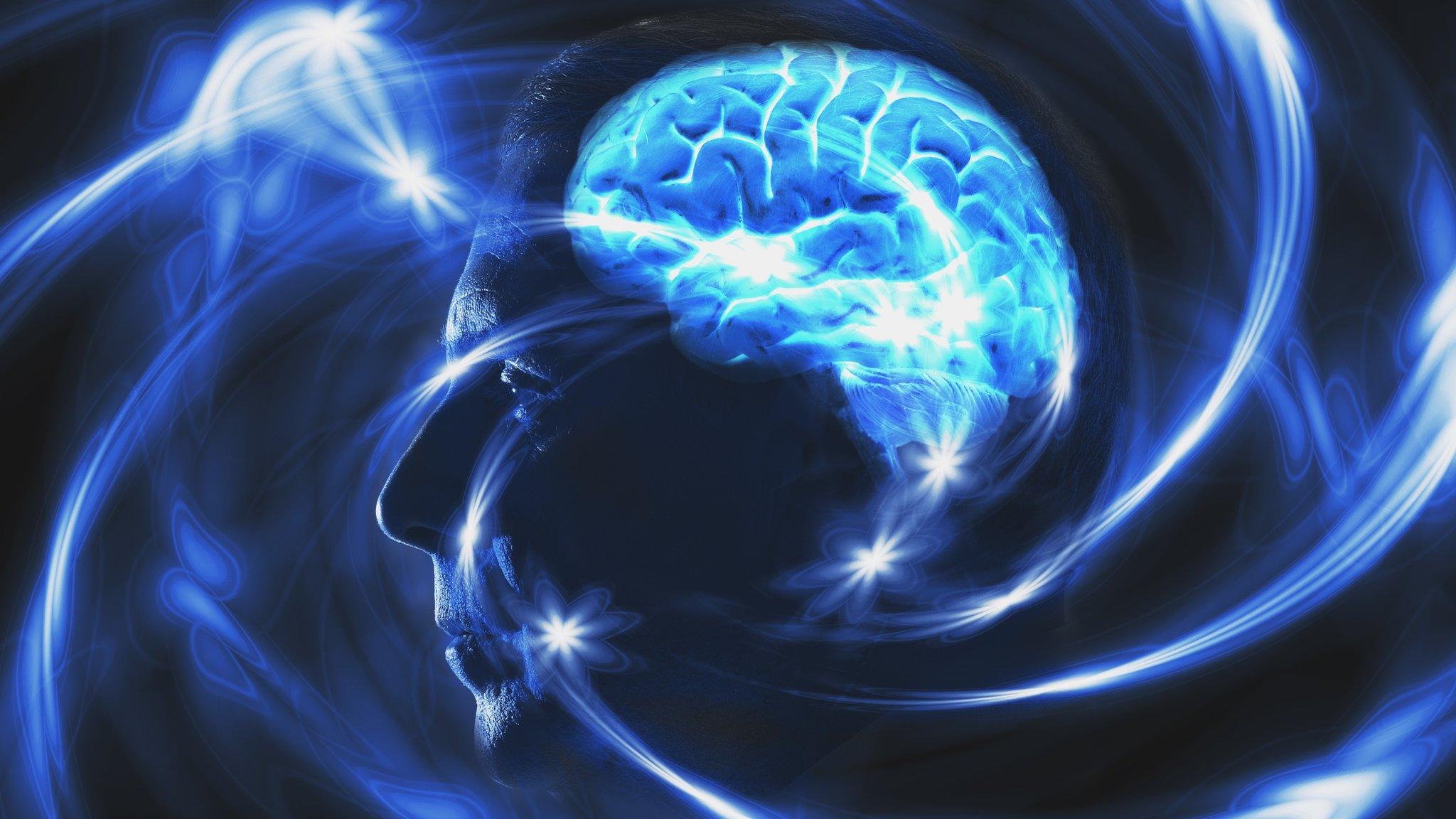Stimulating brain with electricity 'boosts stroke recovery'
- Published

Stimulating the brain with electrical current can help boost recovery after a stroke, research from the University of Oxford suggests.
The team found patients who were given electrical stimulation alongside rehabilitation sessions fared better than people given rehab alone.
Volunteers who had the electrical treatment saw greater improvements when moving their arms, and some found it easier to do everyday tasks.
Charities welcomed the early results.
'Mild tingle'
The study, published in the Journal of Science Translational Medicine, involved 24 people who had had strokes at least six months before the trial began and still experienced difficulties while moving their arms or hands.
Each volunteer had nine sessions of intensive rehabilitation where they were encouraged to move their affected limbs.
And for the first twenty minutes of each session 11 had additional therapy - known as transcranial direct current stimulation - where electrodes were placed on the participant's scalp above the affected area of the brain, and a low current was applied.
The others had a dummy treatment - with just seconds of electrical stimulation before the machine was switched off.
Researchers found all patients had improved - but the biggest improvements were seen in patients who had prolonged electrical stimulation.
And improvements persisted three months after rehab stopped.
One patient, for example, found he could feed himself more easily after the treatment and others were better able to lift, grasp or reach for objects.
But improvements varied, partly depending on the severity of the initial stroke.
According to brain scans, the group that had electrical stimulation also showed increased activity in regions of the brain related to movement.
Jan, a study volunteer, said: "I have definitely improved and benefited. People who haven't seen me say 'Wow - you can move better now'".
She added: "The stimulation didn't hurt - more like a mild tingle or a static electric shock right on top of my head. The worst part was that my head itched afterwards!"
Lead researcher Prof Johansen-Berg, said she was excited by the results and hypothesised that the therapy worked by boosting the ability of the brain to re-wire after strokes.
But she cautioned more extensive trials were needed and said the benefits and costs would need to be weighed up before the programme could be offered in hospitals.
Shamim Quadir of the charity the Stroke Association said the study was an important step towards bigger trials.
He added: "Stroke is one of the largest causes of disability and more than half of stroke survivors are left dependent on others for help with everyday activities.
"It is crucial that we find alternative ways to help improve the recovery rates from this devastating condition."
- Published19 August 2014

- Published26 January 2011
- Published24 August 2014
